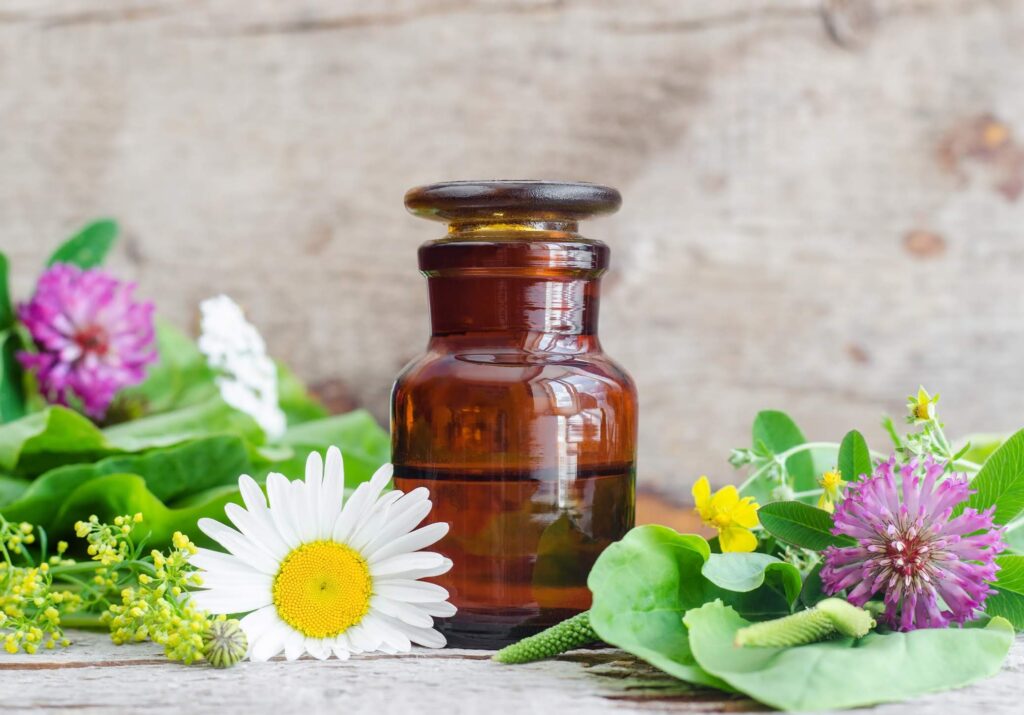Here’s a summary of recent research on herbs that may support training and alleviate symptoms during menopause:
Black Cohosh: This herb is well-known for alleviating menopausal symptoms, including hot flashes and mood swings. A 2022 review indicated it may be particularly useful for women who cannot undergo hormonal therapy. More recent findings add to the evidence, suggesting improvements in symptoms compared to a placebo. [Read more here]
Soy Extract: Research has shown that soy extract can significantly reduce the frequency of hot flashes in post-menopausal women. However, results can vary by study. [More details can be found on PMC]
Maca Root: Known for supporting hormonal balance, maca root is believed to alleviate hot flashes and mood swings, making it a favorable choice for menopausal women. [Explore the benefits].
Other Herbal Remedies:
– St. John’s Wort: May enhance mood when combined with other herbs.
– Ashwagandha: An adaptogen believed to help with stress management during menopause.
Acupuncture and Hypnotherapy: These complementary health approaches, along with herbs, are often mentioned as beneficial for easing menopausal symptoms. [Further reading available from NCCIH].
Research Findings: There is a need for further research to establish the safety and effectiveness of many herbal treatments, particularly regarding their impact on physical training and overall health during menopause.
Conclusion: Combining these herbs with appropriate exercise regimens—such as strength training and yoga—may provide a supportive approach to managing menopause and enhancing overall well-being.
For further exploration and detailed insights, the provided links lead to comprehensive resources on herbal remedies and approaches to manage menopausal symptoms effectively.


